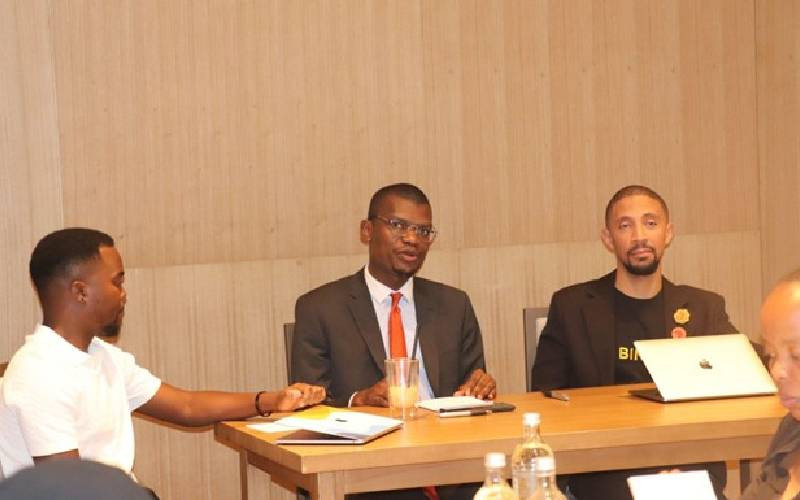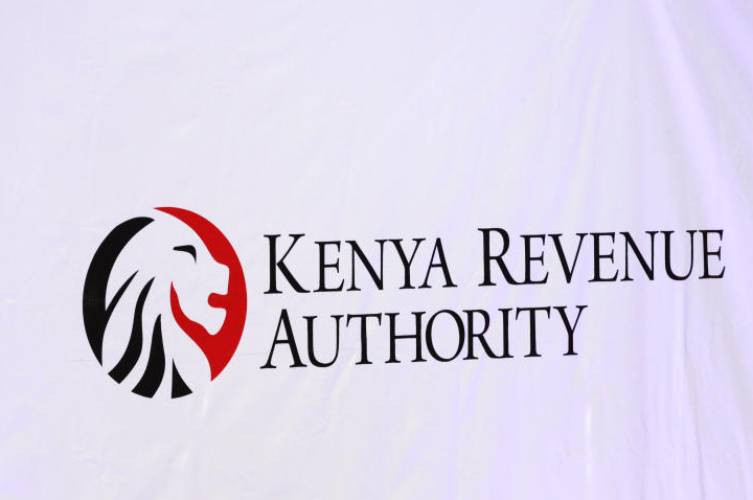
Saruni Maina, Government Relations Lead for Binance Africa, Allan Kakai, Legal Chief at Steakhouse Financial and Director at the Kenya Virtual Assets Chamber of Commerce, and Larry Cooke, Legal Counsel at Binance Africa, when they addressed the press in Nairobi. [Courtesy]
Kenya’s tax on digital assets has raised Sh10 billion in the past financial year, but industry leaders are warning the policy risks stifling innovation and investment.
The 1.5 per cent Digital Asset Tax introduced in the Finance Act 2023 has come under fire for its sweeping nature, taxing all crypto transactions—regardless of type—under one rule.
“The challenge is not taxation itself. It’s about taxing the right things, at the right time, in a way that makes sense,” said Larry Cooke, Legal Counsel for Binance Africa.
The tax requires platforms to assess, convert, and remit payments on all digital asset transfers within five working days. Legal experts say this is burdensome and unclear, especially for startups.
“What is taxable? Who is the taxpayer? What counts as a taxable event? These are still unresolved questions,” said Allan Kakai, Legal Chief at Steakhouse Financial and Director at the Virtual Assets Chamber of Commerce, adding, “Unclear laws lead to overcompliance or exit, both hurt the ecosystem.”
Industry leaders are proposing a simpler model that applies tax only when crypto is converted into fiat currency and vice versa. They say this would remove ambiguity and reduce compliance costs.
“If the tax is predictable and clear, more players will comply. “But trying to tax wallet-to-wallet transfers, or fluctuating asset values in real time, simply doesn’t work,” noted Cooke.
Their concerns come ahead of the second reading of the Virtual Assets and VASP Bill in Parliament in June 2025. While the Bill aims to regulate the fast-growing sector, stakeholders argue the details of tax enforcement must be practical.
Binance, which operates cautiously in Kenya, has complied with reporting obligations and is engaging with authorities to develop a fairer regime.
“Kenya has a strong crypto community and a clear opportunity to lead Africa on regulation,” observed Cooke.
“But innovation can’t survive in an environment where the rules don’t reflect reality,” he added.
Industry players are now urging a collaborative approach with lawmakers, legal professionals, and civil society to create a digital asset tax system that supports revenue goals without choking growth.
Stay informed. Subscribe to our newsletter







